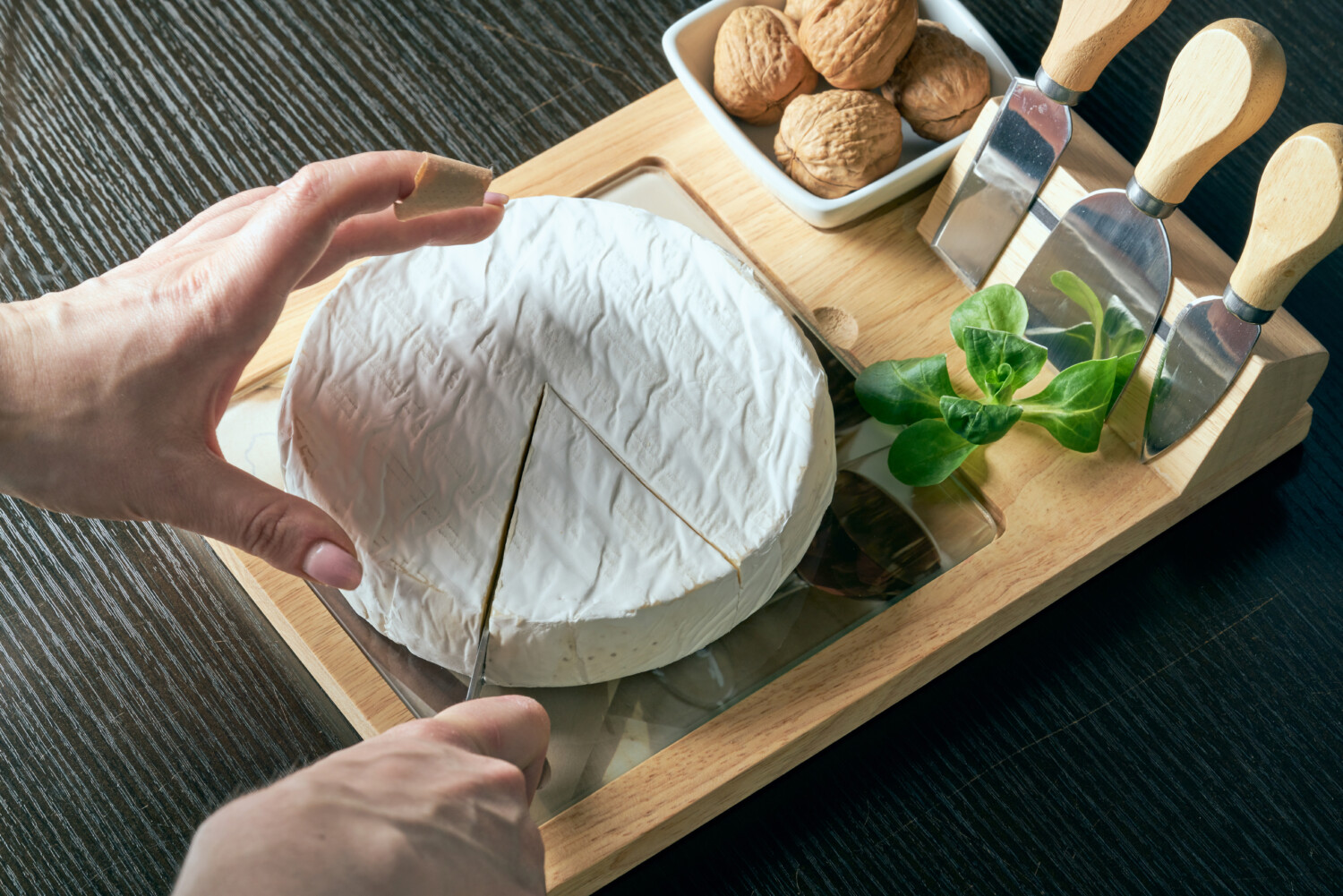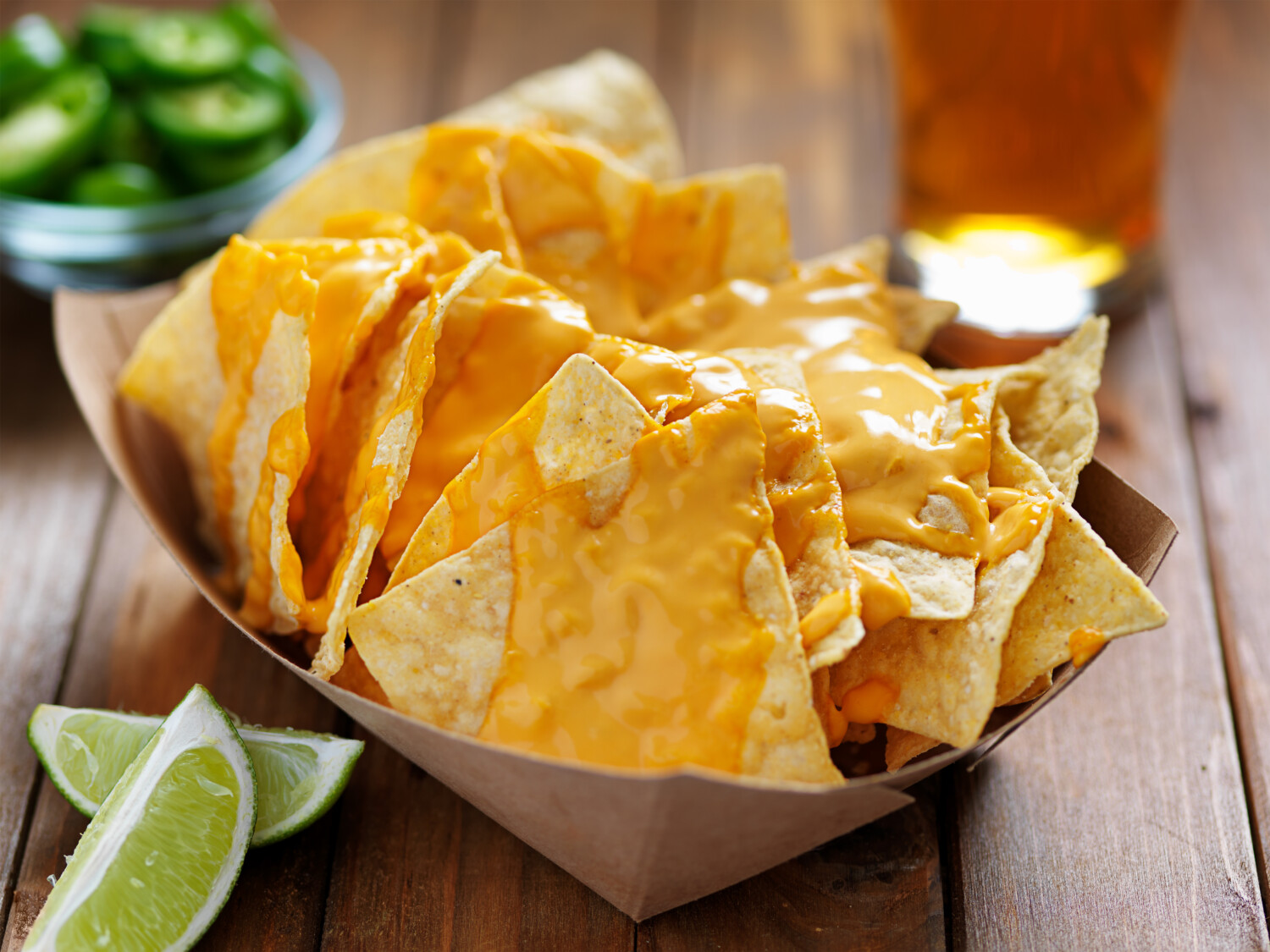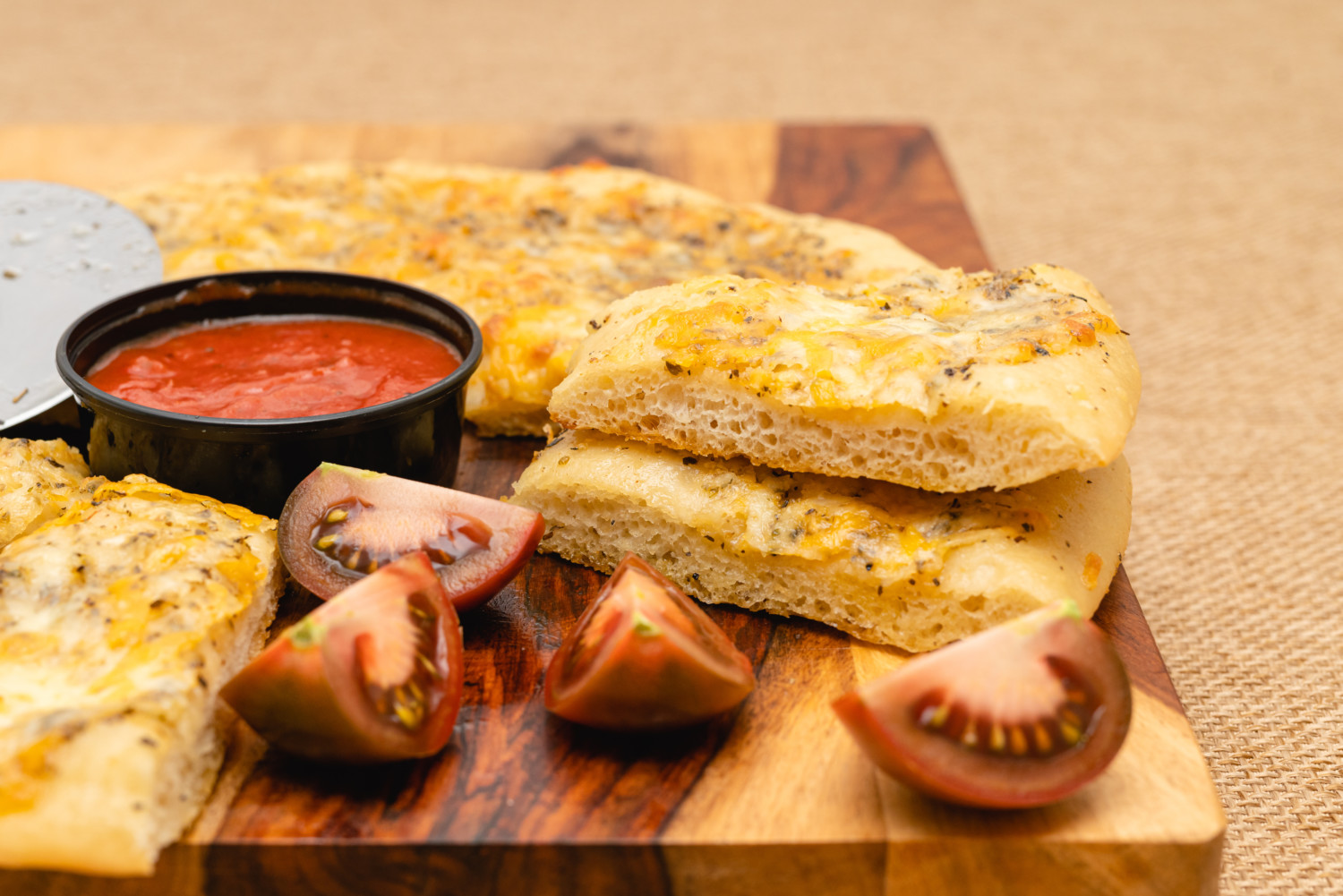Do you think you’re addicted to cheese? It’d be hard to blame you if you say yes.
Cheese is deliciously and exquisitely involved in so many great dishes — including but not limited to pizza, nachos, fondue and any and all hot grilled sandwiches. It’s hard to have just one cheese-dripping nacho, or one steaming, gooey, cheese-dipped hunk of French bread. Cheese even makes broccoli taste good!
The Love for Cheese Is Real
Over the years, various researchers have even released studies about the addictiveness of cheese. One study in 2021 referred to the “food-derived opioid peptides” in cheese. (That’s right, you read the word “opioid” there.) And a 2015 study about the addictive effects of processed foods, including some cheeses, led to headlines like this one from the L.A. Times: “Cheese really is crack. Study reveals cheese is as addictive as drugs.”
But it’s also true that many of us casually use the phrase “I’m addicted” when what we mean is “I love” or even “I’m obsessed with.” For example, you may be “addicted to cheese” in the same way that you’re “addicted to those YouTube videos of the cat that cooks.”

MORE: Woman knocked unconscious as she wins famous cheese-rolling race
Is Cheese Actually Addictive, Though?
Is it something that provokes a strong and harmful need for regular ingestion — or else go into withdrawal? Does it meet the standards for a health disorder, characterized by harmful cravings that change the function of the brain?
Actually, no. There’s no scientific evidence that our cravings for cheese are comparable to the compulsive behaviors that result from, say, an addiction to drugs or alcohol.
That said, our brains can be affected by certain chemicals in cheese, such as the protein casein. Our bodies turn casein into peptides called casomorphins.
“When these substances bind to opioid receptors in our brain, they cause dopamine, a neurotransmitter associated with pleasure and reward, to be released,” Alberta, Canada-based dietitian Jennifer Silver told Salon. “Consequently, consuming cheese can evoke feelings of comfort and satisfaction, a phenomenon many cherish.”
MORE: How to store cheese the right way

Cheese also contains an amino acid called phenylethylamine, another chemical “that can cause euphoric effects,” Minneapolis-based Kam Talebi, CEO of The Butcher’s Tale restaurant, told Salon.
Talebi also pointed out the extra special appeal of melted cheese. Many would agree that heated, gooey cheese just tastes better, and that may be true. But there’s another reason we love it.
“Our bodies absorb hot, cooked food more readily,” Talebi told Salon. “Your stomach says thank you for bringing the cheese up to temperature and cooking it so that you get more nutrients from it faster.”
Can Cheese Be Good for You?
Our tendency to label cheese as addictive probably goes hand in hand with an overall attitude that cheese is a guilty pleasure. Because it’s on pizza and chips and the like — and because it’s so darn good — it’s closely associated with fattening fast food and ultra-processed foods. But cheese itself can be quite healthy, depending on what type you eat, how much, and how it fits into your diet.
The highly processed Velveeta dip you enjoyed at the last football tailgate — which is full of additives and sodium — probably is a guilty pleasure you shouldn’t partake of too often. But cheese itself is full of calcium, protein and omega-3 fatty acids. Some fermented forms even include probiotics. It can provide health benefits to your gut, bones and heart if used as an alternative to red meats or snacks like potato chips.

To satisfy your cheese cravings, try to stick with the healthiest varieties: mozzarella, blue cheese, feta, cottage cheese, ricotta, Parmesan, Swiss, cheddar and goat cheese. And try not to negate the benefits with too many foods featuring refined sugars, like white bread, crackers, and pasta sauces.
Any products or services mentioned above were selected independent of sales and advertising. However, Simplemost may receive a small commission from the purchase of any products or services through an affiliate link to the retailer's website.
This story originally appeared on Simplemost. Check out Simplemost for additional stories.


